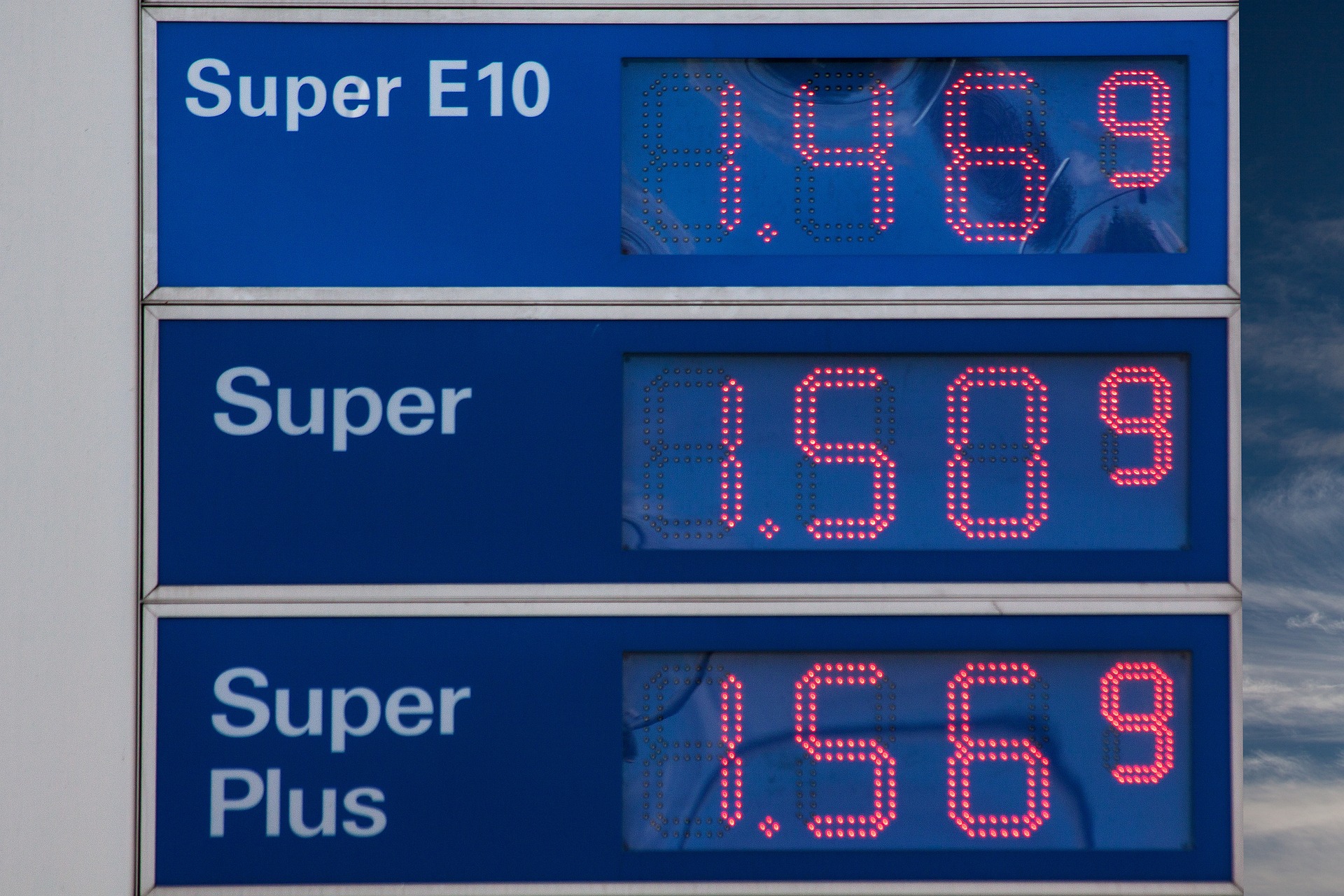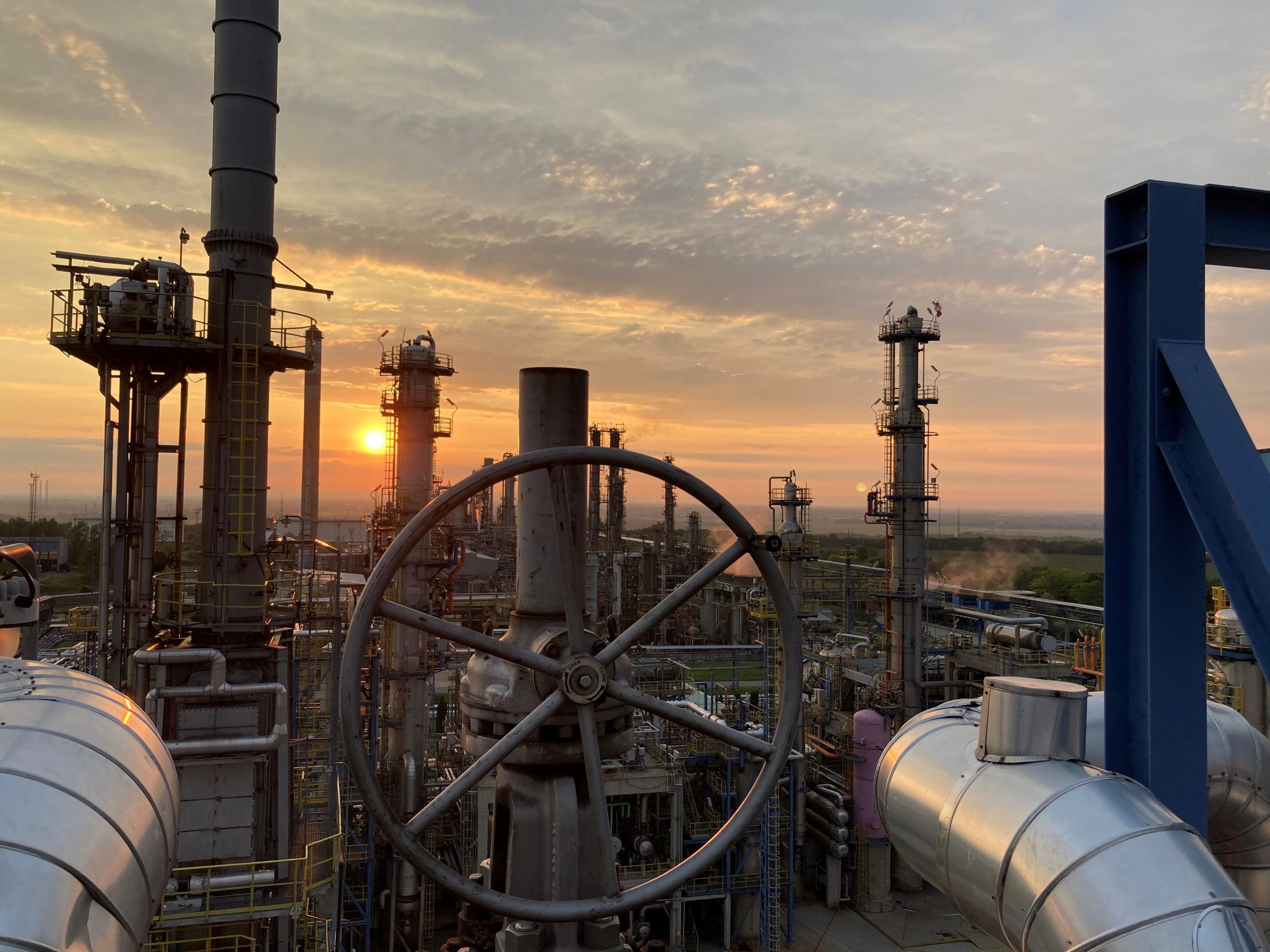
Hungarian MOL and Polish PKN Orlen expanded into each other's territory last year, and want to expand further.Continue reading

Croatian oil pipeline operator Janaf has signed an oil transport contract with Hungarian oil and gas company MOL, the Croatian company’s board of directors disclosed on Monday. The contract, valid until March 31, 2023, will allow MOL to transport half a million tons of crude oil through the Omisalj-Gola section of the Janaf pipeline system, and to store almost 150,000 cubic meters of crude oil in Omisalj and Sisak during the same period.
In a press release, the Croatian management stated that the new contracts represent an exceptional contribution to the energy stability and independence of the European Union.
Back in December, Hungarian Foreign Minister Péter Szijjártó said on Spirit FM radio’s program that Croatia would increase the transit fee for the Adriatic pipeline by two and a half times from 2023, but that this would be an abuse of its monopoly position, according to the Hungarian government. The Hungarian government has called on the European Commission to intervene in the case of Croatia’s move. However, there is no news on whether EU intervention was ultimately necessary, or whether the Croatian side had agreed to lower the price.
“If the Friendship oil pipeline is shut down in the war in Ukraine,” the minister said on the radio, “we will have only one import route left: the Adriatic oil pipeline, which comes to Hungary from Croatia.” As Hungarian economic portal Világgazdaság pointed out in its article,
imports via the Croatian pipeline system are important for Hungary because the country depends on imports for 80-90 percent of its domestic energy supply.
The Croatian oil pipeline operator posted total revenues of 662 million kuna (EUR 87.8 million) in the first nine months of 2022, up 17 percent in the same period last year. In the same period, it posted a net profit of 261.7 million kuna (EUR 34.7 million), 33.3 percent more than in the first nine months of 2021.
The Zagreb-based company operates the Croatian section of the Adriatic oil pipeline, built between 1974 and 1979, which enables the transport of crude oil to both domestic and foreign users. The storage of oil and oil derivatives and the transhipment of liquid cargoes account for a minor part of its activities.
Featured photo via Mol Group